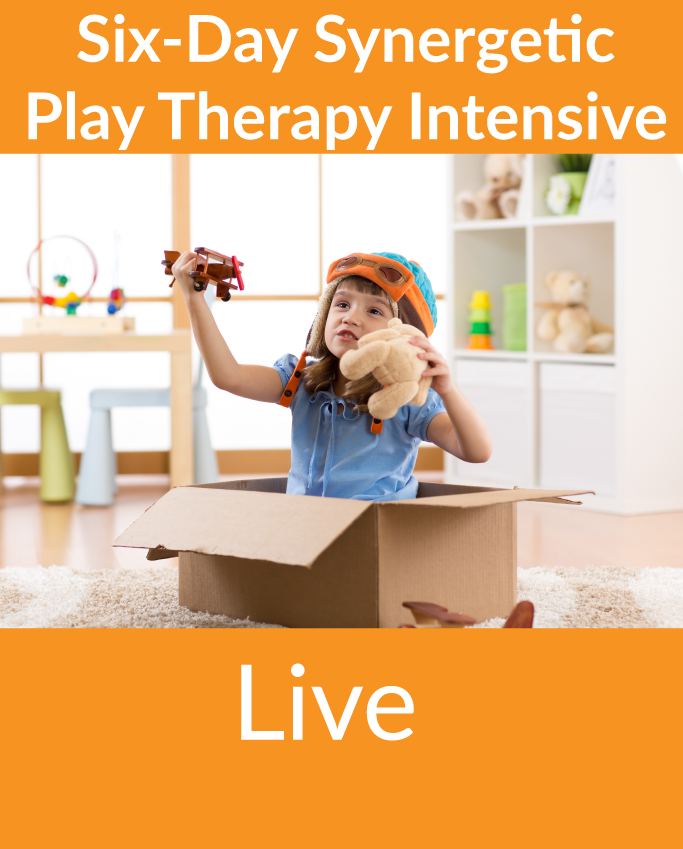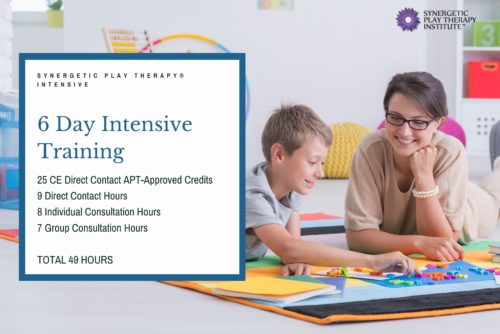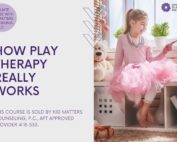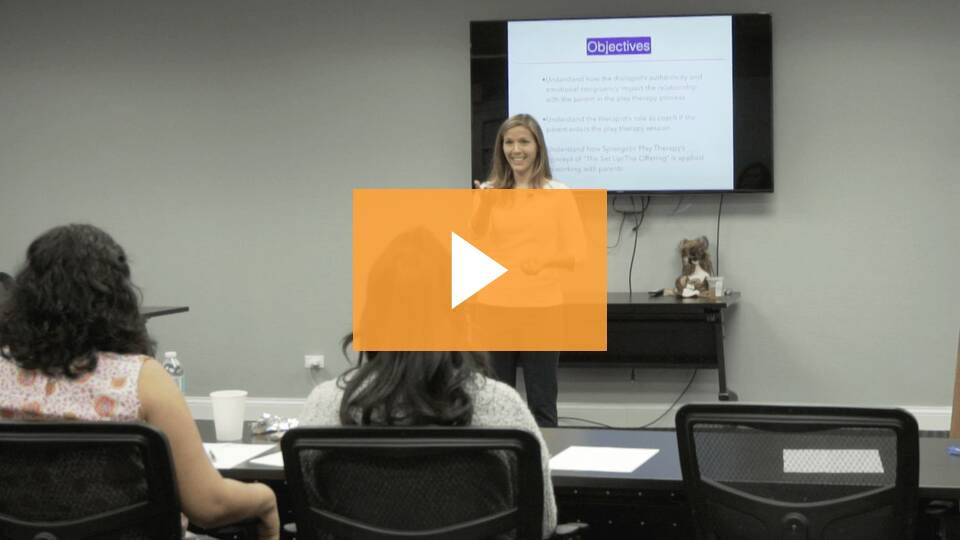-

 9 Months: $406 USD | $507 CAD | $554 AUD 12 Months: $305 USD | $381 CAD | $416 AUD 15 Months: $244 USD | $305 CAD | $333 AUD [aelia_currency_selector_widget title="Select your currency based on the retreat location you would like to attend and wait for the page to refresh before adding to cart." widget_type="dropdown"] For example: If you reside in the US but want to attend the retreats in Canada you will choose the Canadian Currency, wait for the page to refresh, and then select your plan to add to your cart.
9 Months: $406 USD | $507 CAD | $554 AUD 12 Months: $305 USD | $381 CAD | $416 AUD 15 Months: $244 USD | $305 CAD | $333 AUD [aelia_currency_selector_widget title="Select your currency based on the retreat location you would like to attend and wait for the page to refresh before adding to cart." widget_type="dropdown"] For example: If you reside in the US but want to attend the retreats in Canada you will choose the Canadian Currency, wait for the page to refresh, and then select your plan to add to your cart.
Thank you for your interest in the Six-Day Synergetic Play Therapy Intensive Training Program!
Intensives can only be registered for after participants have cleared availability with the Synergetic Play Therapy Institute. Please email info@synergeticplaytherapy.com for availability.
In order to secure your Intensive spot, please choose a payment option below or pay in full. Please note, the full fee must be paid by the first day of the intensive you are signed up for.
Cost: $1,750.00
The Six-Day Synergetic Play Therapy® Intensive allows you to jump in and really experience the magic of Synergetic Play Therapy®! We hold these intensives regularly throughout the year, limiting this program to four people in order to permit extensive skill practice with individualized coaching and feedback. Each participant will be paired with a child client with whom they will work every day during the training under direct supervision as part of a therapeutic observation team. Dive into SPT and see if it's right for you!
Six-Day Synergetic Play Therapy® Intensive Prerequisite Training:- Participants should have completed or be enrolled in a Master’s Degree (or equivalent) program in counseling, social work, or education.
- Previous experience working with children and families is also required.
- A basic understanding of play therapy and play therapy skills is required.
***Please scroll to the bottom of this page for a complete list of the course details and objectives***
 The Online Introduction to Synergetic Play Therapy launches you on a personal journey towards discovering what showing up in the playroom truly means. It explores what is happening in the play therapy process, how change occurs, and ultimately what it takes to help children heal at profound levels. It invites you to be you! Curious what this class is truly about? Get all the details here. To learn what others have to say, check out our testimonials. Online Introduction to Synergetic Play Therapy Prerequisite Training:
The Online Introduction to Synergetic Play Therapy launches you on a personal journey towards discovering what showing up in the playroom truly means. It explores what is happening in the play therapy process, how change occurs, and ultimately what it takes to help children heal at profound levels. It invites you to be you! Curious what this class is truly about? Get all the details here. To learn what others have to say, check out our testimonials. Online Introduction to Synergetic Play Therapy Prerequisite Training:- Participants should have completed or be enrolled in a Master’s Degree (or equivalent) program in counseling, social work, or education
- Previous experience working with children and families is required
- A basic understanding of play therapy and play therapy skills is required
 REGISTRATION FOR THIS SESSION HAS CLOSED! YOU CAN REGISTER FOR OUR NEXT SESSION HERE. The Online Introduction to Synergetic Play Therapy launches you on a personal journey towards discovering what showing up in the playroom truly means. It explores what is happening in the play therapy process, how change occurs, and ultimately what it takes to help children heal at profound levels. It invites you to be you! Curious what this class is truly about? Get all the details here. To learn what others have to say, check out our testimonials. Online Introduction to Synergetic Play Therapy Prerequisite Training:
REGISTRATION FOR THIS SESSION HAS CLOSED! YOU CAN REGISTER FOR OUR NEXT SESSION HERE. The Online Introduction to Synergetic Play Therapy launches you on a personal journey towards discovering what showing up in the playroom truly means. It explores what is happening in the play therapy process, how change occurs, and ultimately what it takes to help children heal at profound levels. It invites you to be you! Curious what this class is truly about? Get all the details here. To learn what others have to say, check out our testimonials. Online Introduction to Synergetic Play Therapy Prerequisite Training:- Participants should have completed or be enrolled in a Master’s Degree (or equivalent) program in counseling, social work, or education
- Previous experience working with children and families is required
- A basic understanding of play therapy and play therapy skills is required
 "I could watch Lisa talk about play therapy all day. This workshop gives you really helpful, crystallized ideas and nuggets about the play therapy process and how it allows children to heal. Definitely worth a watch when you're maybe feeling stuck with a specific client, or running out of metaphors to communicate the efficacy of play therapy with colleagues or parents." -Malia Segal Lisa unlocks the therapeutic powers of play in this foundational neuroscience-rich training .... In a profession that is fighting for recognition and to be taken seriously, not fully understanding exactly how play therapy transformation takes place is a void. Without really understanding how attuned play works to bring about lasting change, therapists are left feeling uncertain and missing the language to effectively talk to parents, teachers and other influential people in children’s lives. The therapist's ability to influence other professions to see the value in play therapy is also impacted. This presentation is designed to fill in gaps in the play therapist’s understanding by addressing the answer to this very important question- how exactly does play therapy work? Through presentation and discussion, participants will be taken into the minds and biology of children for an inside look at what goes on that leads to their transformation and healing. With the help of neuroscience, brain development, and interpersonal neurobiology, the “how” will be answered allowing participants to truly understand the process and what exactly is going on in the playroom. This dynamic, eye-opening and thought provoking presentation will empower therapists to begin to move beyond their current framework. This course is for you if you want to ...
"I could watch Lisa talk about play therapy all day. This workshop gives you really helpful, crystallized ideas and nuggets about the play therapy process and how it allows children to heal. Definitely worth a watch when you're maybe feeling stuck with a specific client, or running out of metaphors to communicate the efficacy of play therapy with colleagues or parents." -Malia Segal Lisa unlocks the therapeutic powers of play in this foundational neuroscience-rich training .... In a profession that is fighting for recognition and to be taken seriously, not fully understanding exactly how play therapy transformation takes place is a void. Without really understanding how attuned play works to bring about lasting change, therapists are left feeling uncertain and missing the language to effectively talk to parents, teachers and other influential people in children’s lives. The therapist's ability to influence other professions to see the value in play therapy is also impacted. This presentation is designed to fill in gaps in the play therapist’s understanding by addressing the answer to this very important question- how exactly does play therapy work? Through presentation and discussion, participants will be taken into the minds and biology of children for an inside look at what goes on that leads to their transformation and healing. With the help of neuroscience, brain development, and interpersonal neurobiology, the “how” will be answered allowing participants to truly understand the process and what exactly is going on in the playroom. This dynamic, eye-opening and thought provoking presentation will empower therapists to begin to move beyond their current framework. This course is for you if you want to ...- Integrate the neuroscience behind the therapeutic powers of play therapy
- Better articulate to parents why play therapy works
- How children use toys to understand themselves
 "This was very helpful in allowing to learn ways to integrate neuroscience and transitions to help promote regulation for the child!" - Fernando Gonzalez III "This class was so informative with great concrete tools. Awesome class!" -Lauri Levitt Transitions are everywhere, in the expected and the unexpected. As a play therapist, it's important to be prepared to help our clients with transitions - such as divorce, death, a move, new sibling, or sensory challenges - that often bring them to our playroom. In this course, Lisa Dion and Susan Stutzman explore how to navigate transitions and change in the play therapy setting. Participants will walk away having gained an understanding of current neurobiological research that supports an understanding of how transitions can trigger a threat response in the brain causing activation of the autonomic nervous system. From a neurobiological lens, the therapist will gain knowledge of how to best navigate the challenges of transitions that bring clients to play therapy and learn ways to navigate change and transition that happens during the therapeutic play process itself. Clinical applications for working through transitioning within professional working relationships will be touched on. https://www.youtube.com/watch?v=rGUlmjyn2Js This course is for you, if you want to:
"This was very helpful in allowing to learn ways to integrate neuroscience and transitions to help promote regulation for the child!" - Fernando Gonzalez III "This class was so informative with great concrete tools. Awesome class!" -Lauri Levitt Transitions are everywhere, in the expected and the unexpected. As a play therapist, it's important to be prepared to help our clients with transitions - such as divorce, death, a move, new sibling, or sensory challenges - that often bring them to our playroom. In this course, Lisa Dion and Susan Stutzman explore how to navigate transitions and change in the play therapy setting. Participants will walk away having gained an understanding of current neurobiological research that supports an understanding of how transitions can trigger a threat response in the brain causing activation of the autonomic nervous system. From a neurobiological lens, the therapist will gain knowledge of how to best navigate the challenges of transitions that bring clients to play therapy and learn ways to navigate change and transition that happens during the therapeutic play process itself. Clinical applications for working through transitioning within professional working relationships will be touched on. https://www.youtube.com/watch?v=rGUlmjyn2Js This course is for you, if you want to:- Help children through divorce
- Process death & loss
- Help a child transition to a new school
- Help children learn emotional balance and regulation
- Help kids with sensory challenges
 You have been selected to be a part of the 2019-2020 Certified Synergetic Play Therapy Cohort! Congratulations! To secure your spot, you will put down a 600.00 USD deposit. The rest of the money will be due before August and you will be emailed a link for payment along with course information closer to the start of the first retreat. Reminder that if you pay in full, you receive 400.00 off the total price for additional savings! Refund Policy: Your deposit secures your spot in the Certification Program. Withdrawal before the program begins will result in a forfeit of the full deposit amount. This deposit is non-refundable! For more information regarding dates, scroll down below.
You have been selected to be a part of the 2019-2020 Certified Synergetic Play Therapy Cohort! Congratulations! To secure your spot, you will put down a 600.00 USD deposit. The rest of the money will be due before August and you will be emailed a link for payment along with course information closer to the start of the first retreat. Reminder that if you pay in full, you receive 400.00 off the total price for additional savings! Refund Policy: Your deposit secures your spot in the Certification Program. Withdrawal before the program begins will result in a forfeit of the full deposit amount. This deposit is non-refundable! For more information regarding dates, scroll down below. "This was the most significant sand tray training which help me better understand the ways sand can assist in helping regulate/co-regulate our nervous systems. I highly recommend this training to anyone who works with children and adults." -Helen Wilson "Although I consider myself a seasoned play and sand tray therapist I learned so much in just one hour of this course. Highly recommended!" - Marina Keukens Terrell Have you ever wondered how to help children facilitate their processing in your playroom through the use of sand in a nontraditional way? If so, this workshop is for you! The sand tray is a common fixture in play therapy. But thinking outside the “sandbox” allows therapists to use sand in a nontraditional way, fostering regulation. In this engaging workshop the play therapist will learn the 5 toys needed to turn a sand tray into a regulation tool, gain an understanding of how a child can use the sand and the activation in their nervous system as well as be exposed to various ways to bring regulation into the sand tray to help deepen the child’s experience. Join us as we explore the link between sand and the nervous system and discover how the proper tools can deepen both the child’s experience and their healing. https://youtu.be/x4Z4xlOANwU Please see course details below. For a list of all available products, please go here. By clicking "Buy Product" you will be redirected to a payment link provided by Kid Matters Counseling. All payment or course-related questions should be redirected to the affiliate organization, Kid Matters Counseling. Synergetic Play Therapy Institute does not process payment directly for this course.
"This was the most significant sand tray training which help me better understand the ways sand can assist in helping regulate/co-regulate our nervous systems. I highly recommend this training to anyone who works with children and adults." -Helen Wilson "Although I consider myself a seasoned play and sand tray therapist I learned so much in just one hour of this course. Highly recommended!" - Marina Keukens Terrell Have you ever wondered how to help children facilitate their processing in your playroom through the use of sand in a nontraditional way? If so, this workshop is for you! The sand tray is a common fixture in play therapy. But thinking outside the “sandbox” allows therapists to use sand in a nontraditional way, fostering regulation. In this engaging workshop the play therapist will learn the 5 toys needed to turn a sand tray into a regulation tool, gain an understanding of how a child can use the sand and the activation in their nervous system as well as be exposed to various ways to bring regulation into the sand tray to help deepen the child’s experience. Join us as we explore the link between sand and the nervous system and discover how the proper tools can deepen both the child’s experience and their healing. https://youtu.be/x4Z4xlOANwU Please see course details below. For a list of all available products, please go here. By clicking "Buy Product" you will be redirected to a payment link provided by Kid Matters Counseling. All payment or course-related questions should be redirected to the affiliate organization, Kid Matters Counseling. Synergetic Play Therapy Institute does not process payment directly for this course.
"Although I have been utilizing mindfulness for years in the therapy room, this training opened my eyes to the opportunities and benefits that I was overlooking. I am able to more intentionally track the content AND processes occurring in session, leading to more richness and depth in the work." -Dr. Alana Roth
Neuroscience is revealing that mindfulness is a key component for integration, so what is it, what is it not and how to incorporate it into the playroom are important questions to consider as a play therapist. If you are curious about understanding mindfulness and developing a more mindful approach to your work, join Lisa Dion in an interactive workshop on becoming a mindful play therapist.
In this course, you will explore some of the neuroscience behind mindfulness as you learn how to cultivate it within yourself and within your child clients. You will also learn the importance of bringing mindfulness into the playroom as a way to avoid compassion fatigue, vicarious trauma, and burnout. This course is applicable to all play therapy theories.
https://youtu.be/jwCo52TKE2I This course helps play therapists to:- Connect mindfulness and trauma integration
- Reduce compassion fatigue
- Help children cultivate mindfulness
- Understand the neuroscience behind cultivating mindfulness
 "The neuroscience behind this training will blow your mind!" - Keri Sawyer "I used to struggle with explaining how play therapy "works" to fathers who were more "left brain" (e.g., Lawyers, accountants, Google employees, etc). But that's not an issue for me anymore. Lisa taught me how to work with resistant fathers so they can confidently "buy" into the play therapy process!" - Susan Stutzman
"The neuroscience behind this training will blow your mind!" - Keri Sawyer "I used to struggle with explaining how play therapy "works" to fathers who were more "left brain" (e.g., Lawyers, accountants, Google employees, etc). But that's not an issue for me anymore. Lisa taught me how to work with resistant fathers so they can confidently "buy" into the play therapy process!" - Susan StutzmanIn this thought-provoking yet practical workshop, participants will explore what it really takes to partner with parents. They will have the opportunity to understand how to have a successful intake session setting the stage for a higher level of investment and commitment, how to communicate to parents so that they understand what play therapy is and how it works, how to translate what is happening in the playroom so that parents understand how the goals are being worked on, what to do with resistant parents and what to do when parents just want to drop their child off to be "fixed".
Through new skills, insights and a framework rooted in relationship theory, therapists are guaranteed to leave feeling inspired to work with parents.
This course helps play therapists strengthen their work with parents so they can:
- Get More Clients
- Understand the Parent's Brain
- Be More Authentic with Parents
- Have Successful Parent Intakes
- Level-Up Their Parent Coaching Skills
 Please see course details below. For a list of all available products, please go here.
Please see course details below. For a list of all available products, please go here.

